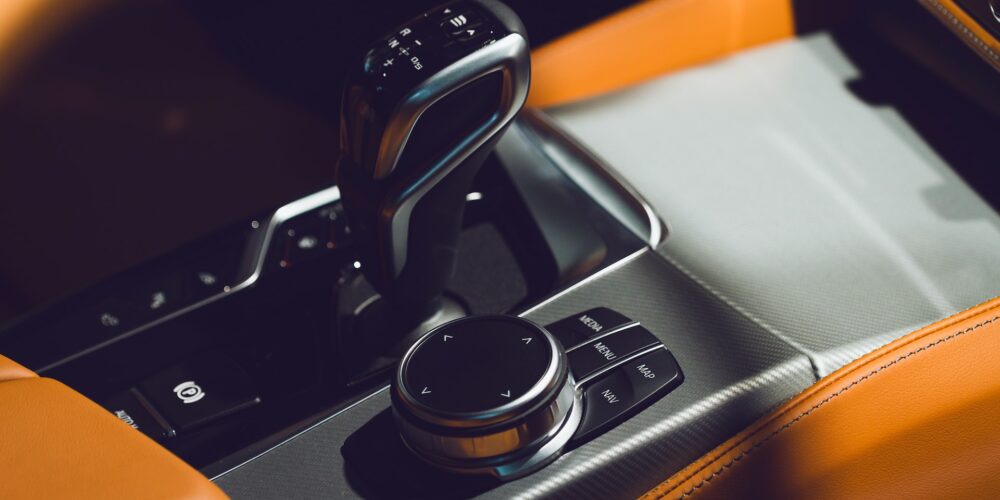When it comes to cars and their gearboxes, the number of models, types and speeds available can be overwhelming for those who might not know what to look for. While many cars have a standard 5 or 6–gear manual gearbox or an automatic transmission that does all the work for you, DSG gearboxes are one type that is taking the vehicle market by storm. At home in luxury and sports vehicles in particular, the DSG is an impressive piece of machinery that can transform the driving experience – but what exactly does it do, and how does it work? We’re digging a little deeper.
What Exactly Is A DSG Gearbox?
A DSG gearbox – or Direct Shift Gearbox, is a dual-clutch system that effectively falls under the umbrella of automatic transmissions. These gearboxes are some of the first to offer a dual-clutch function that effectively predicts your next move before you’ve even made it. The second clutch will have your predicted next gear ready so the vehicle is always able to make a quick and smooth shift. This ultimately offers a smoother and more responsive drive experience.
What Cars Have DSG Gearboxes?
The DSG gearbox is typically available in VW Group vehicles, including Volkswagen, Audi, SEAT and Skoda vehicles. There are DSG equivalents also available in other manufacturers’ vehicles, operating in a similar way but under different names. These include:
- Alfa Romeo – TCT
- Audi & Nissan – CVT
- BMW – DCT
- Citroen – DCS
- Ferrari
- Ford – Powershift
- Mercedes-Benz – SLS
- Mitsubishi – SST
- Peugeot – DCS
- Porsche – PDK
- Volvo – Powershift
Advantages Of A DSG Gearbox
When it comes to the pros and cons of a DSG gearbox, there are certainly plenty of positives to consider that all add up to provide a unique drive experience. Some of the most notable advantages include:
- Fast gear shifts that are smooth and seamless – by pre-selecting gears, the DSG system makes it possible to shift lightning-fast between each gear with ease.
- No loss of torque through the transmission when shifting up – The quick shift to pre-selected gears allows for no loss of power as you shift up through the gears
- Fast and consistent down-shifts – The system also allows for rapid down-shifts in a similar way to shifting-up, ensuring the whole driving experience is smooth.
Disadvantages Of A DSG Gearbox
As with any gearbox, DSG systems do have their disadvantages too. No gearbox is completely free of problems, so it’s worth knowing what to expect from a DSG before making the switch so you aren’t met with any unexpected hiccups along the way. Thankfully, the problems are often minimal and no worse than you might face with other gearboxes or automatic transmissions.
- Between Automatic and Manual – Due to their nature, DSG gearboxes are part way between an automatic system and a manual gearbox which can make it difficult for new drivers to get to grips with the system to begin with. They are more difficult to ‘abuse’ than typical manual gearboxes but may come with a slightly higher cost if something goes wrong.
- They can be costly – Vehicle models with DSG gearboxes are typically more expensive due to the complex nature of the system. They can also be more expensive to repair and replace if something goes wrong.
- Specialist fluids are needed – DSG gearboxes usually need specialist fluids to work properly, and usually with dedicated additives to ensure smooth and seamless operation.
If you have a vehicle with a DSG gearbox and are in need of servicing or repairs, our team are on hand to help. Our mechanics are well-versed in DSG and equivalent gearbox systems. Simply get in touch with us to book your vehicle in, today.

